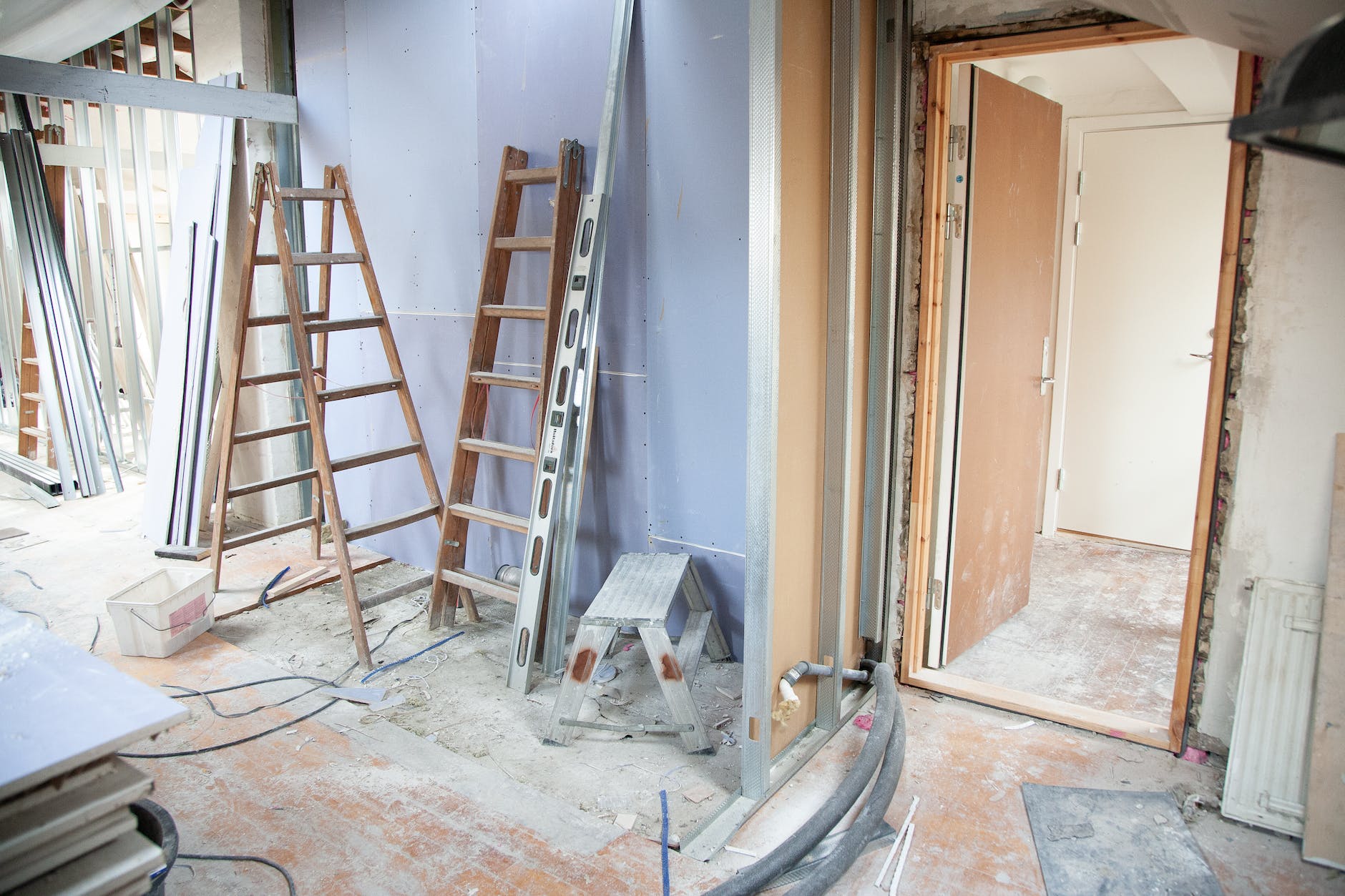1. What Constitutes Poor Work?
Poor work can manifest in various ways: shoddy craftsmanship, missed deadlines, or the use of inferior materials. If you’re unsatisfied with the quality of the work done, document the issues with photographs and detailed descriptions. This evidence will be crucial in demonstrating the substandard nature of the work.
2. Can Disputes Be Resolved Amicably?
Yes, many disputes can be resolved through open communication. Initiate a conversation with the contractor, clearly outlining your concerns. Honest dialogue often leads to solutions, avoiding costly legal battles.
3. Is the Contract Legally Binding?
Contracts are legally binding documents. Ensure that your contract clearly outlines the scope of work, materials used, project timeline, and payment details. If the contractor deviates from these terms, you have legal grounds for complaint.
4. What Are Your Rights as a Consumer?
In Pennsylvania, consumers have rights protecting them from unscrupulous contractors. Understanding the state’s consumer protection laws can empower you when facing disputes. Familiarize yourself with the Pennsylvania Home Improvement Consumer Protection Act (PA HICPA).
5. When Should You Involve Legal Help?
If negotiations fail and the dispute escalates, consider legal assistance. A lawyer experienced in construction law can navigate the complexities of your case, ensuring your rights are protected.
⚖️ Book Your $100 Contractor Consultation
Protect your home and your finances.
Click below to pay securely and reserve your consultation time. You’ll receive a confirmation email with scheduling instructions immediately after checkout.
By proceeding with payment, you acknowledge this is a paid consultation as described in our Terms of Service. After payment, you’ll be redirected to schedule your appointment.
6. How Can Mediation Help?
Mediation is a non-confrontational way to resolve disputes. A neutral third party mediates discussions between you and the contractor, aiming for a mutually beneficial agreement.
7. What Role Does Insurance Play?
Insurance can mitigate risks. Ensure that your contractor has liability insurance and worker’s compensation coverage. This safeguards you from liabilities in case of accidents or damages during the project.
8. Is Arbitration a Viable Option?
Arbitration is an alternative to court. It’s faster and more informal but legally binding. Both parties present their case, and the arbitrator’s decision is final.
9. How Can You Prevent Disputes?
Thoroughly vet contractors before hiring. Check references, read reviews, and verify licenses. A well-chosen contractor is less likely to cause disputes.
10. What Are Your Responsibilities as a Client?
Clearly communicate your expectations. Regularly inspect the work and raise concerns promptly. Timely communication can prevent misunderstandings.
11. Can You Sue for Breach of Contract?
Yes, if contractor did do poor work and breaches the terms of the contract, you can file a lawsuit for damages. Your documented evidence will be crucial in proving the breach.
12. What Damages Can You Seek?
Damages can include the cost of fixing subpar work, legal fees, and even compensation for emotional distress caused by the dispute.
13. How Long Do You Have to File a Lawsuit?
Pennsylvania has a statute of limitations. It’s essential to file your lawsuit within the specified time frame, typically two years from the date of discovering the issue.
⚖️ Book Your $100 Contractor Consultation
Protect your home and your finances.
Click below to pay securely and reserve your consultation time. You’ll receive a confirmation email with scheduling instructions immediately after checkout.
By proceeding with payment, you acknowledge this is a paid consultation as described in our Terms of Service. After payment, you’ll be redirected to schedule your appointment.
14. Is a Written Contract Necessary?
While oral contracts are valid, written contracts provide tangible proof of the agreed-upon terms. Always insist on a written contract to avoid misunderstandings.
15. What If the Contractor Files for Bankruptcy?
If you believe your contractor did do poor work and files for bankruptcy, consult a legal expert immediately. Your options will depend on the bankruptcy chapter filed and the specifics of your case.
⚖️ Book Your $100 Contractor Consultation
Protect your home and your finances.
Click below to pay securely and reserve your consultation time. You’ll receive a confirmation email with scheduling instructions immediately after checkout.
By proceeding with payment, you acknowledge this is a paid consultation as described in our Terms of Service. After payment, you’ll be redirected to schedule your appointment.

